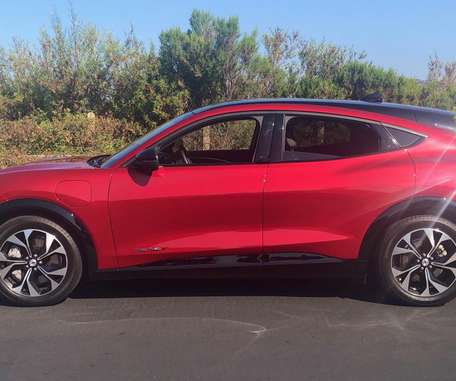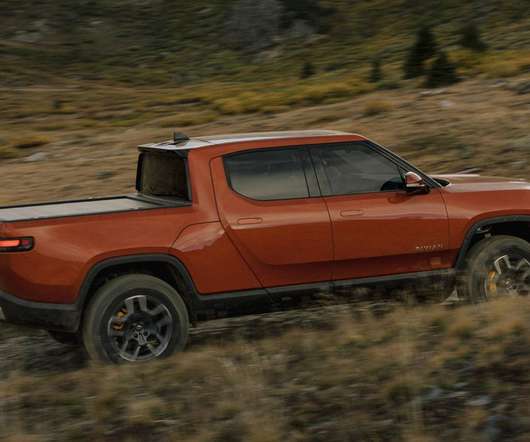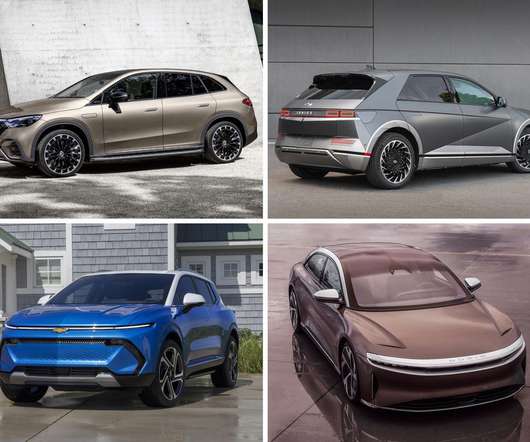MIT, Ford researchers find lightweight conventional vehicles could have lower lifecycle GHG impact than EVs depending upon location
Green Car Congress
AUGUST 28, 2019
Researchers at MIT and the Ford Motor Company have found that depending on the location, lightweight conventional vehicles could have a lower lifecycle greenhouse gas impact than electric vehicles, at least in the near term. Their paper is published in the ACS journal Environmental Science & Technology. —Wu et al.
























Let's personalize your content